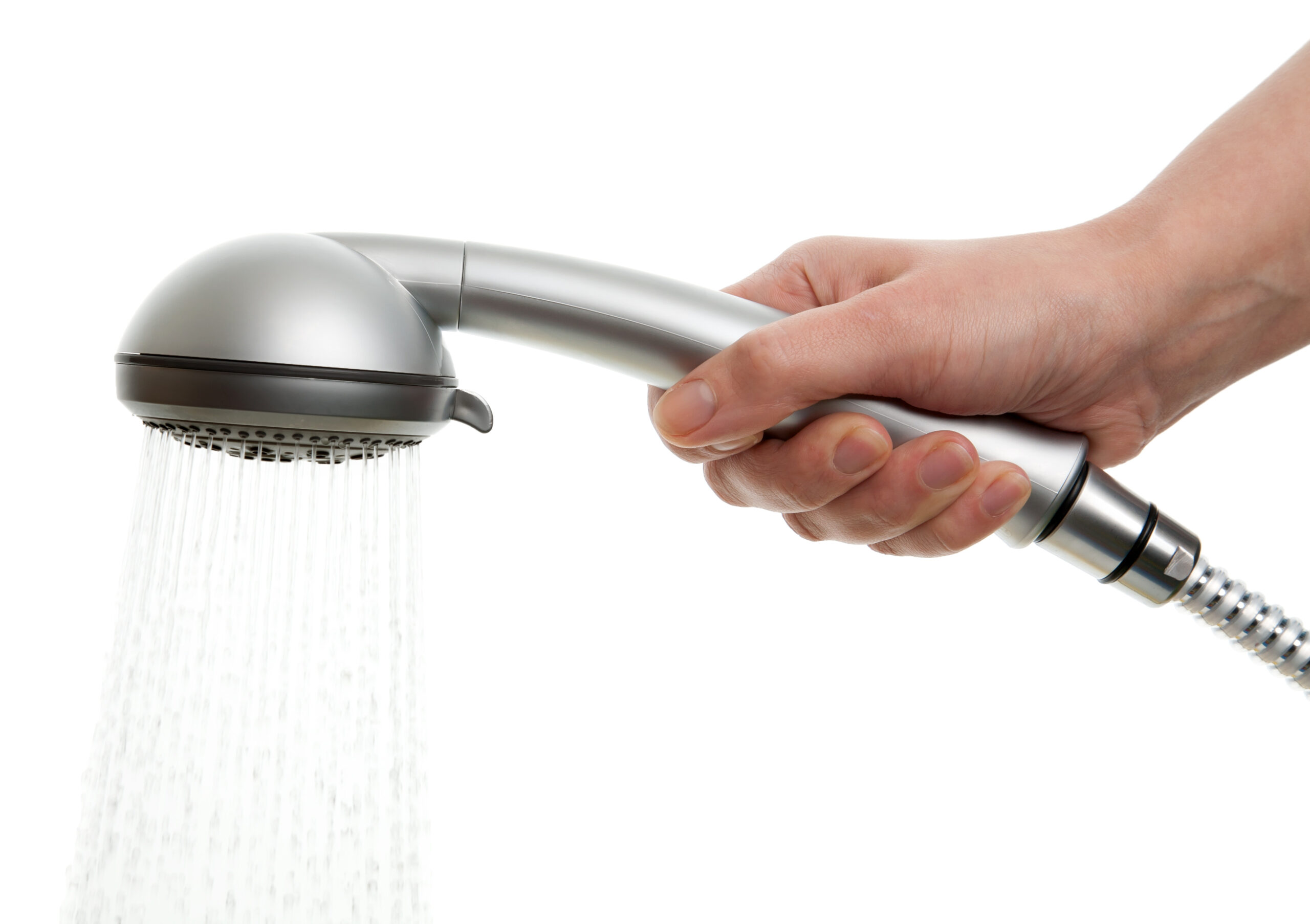Many homes run off of hard water, which can cause severe structural damage to your plumbing over time if left unchecked. An excellent way to correct this is by using water softeners to ease the blow that hard water can lay on you and your finances. There are many people, however, who advocate against using water softeners in your home. The problem is that much of the information out there on water softeners simply is not correct, and if you are suffering from hard water in your home, you should take steps to separate the facts from the myths.
This short guide from EcoWater Systems in Las Vegas should hopefully go a long way towards educating yourself on what exactly the truth behind water softeners is.
What is Hard Water?
Hard water is considered such due to its high mineral content, which is caused when the water supply percolates through chalk and limestone. While hard drinking water is relatively benign, the real issue with hard water is the effect it has on your plumbing and other industrial settings. When trying to combat these adverse conditions, the use of water softeners is typically the answer.
What are Water Softeners?
Water softening is a treatment process that looks to remove magnesium and calcium from the water supply. This can be done through a variety of methods, with the most common being through ion exchange or reverse osmosis, with the help of salt. Other ways to soften water include through precipitation and adding chelating agents.
Myth #1: Softened Water Leaves Residue Behind
This is not true at all. What is true is that your skin will naturally feel softer after contact with softened water, but this is due more to your body’s self-moisturizing oils. Therefore, if anything, you should feel cleaner.
Myth #2: Water Softeners Deprive Your Body of Nutrients
This statement just is not true. Softening your water does not remove healthy nutrients that you need. In fact, many of the minerals (such as magnesium and calcium) you would find in hard water are in an inorganic form your body cannot process anyway. A related myth holds that drinking water that has run through a reverse osmosis system will actually suck minerals from your body. Obviously, this is not true either.
Myth #3: You Can Soften Water Without Salt
One of the more common myths about water softeners revolves around the use of a salt system. Simply put, it is not usually possible to soften water without salt, and businesses who advertise salt-free systems are likely not telling the whole truth. That being said, the use of salt in water softeners is benign and accomplishes your goals at the same time.
Learn More About Water Softeners
To learn more about how water softeners can improve your water supply, contact a representative at EcoWater Systems to learn more today.

